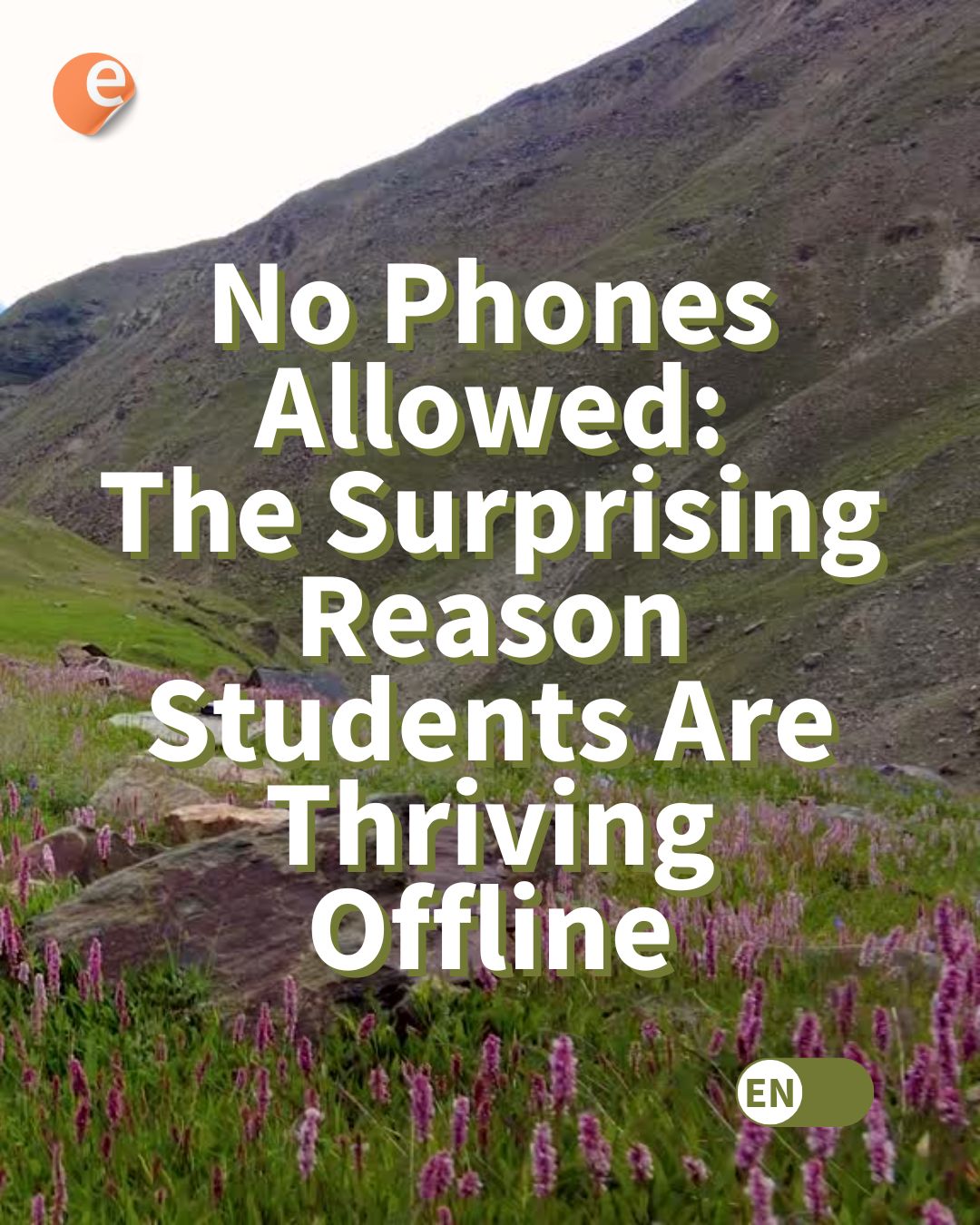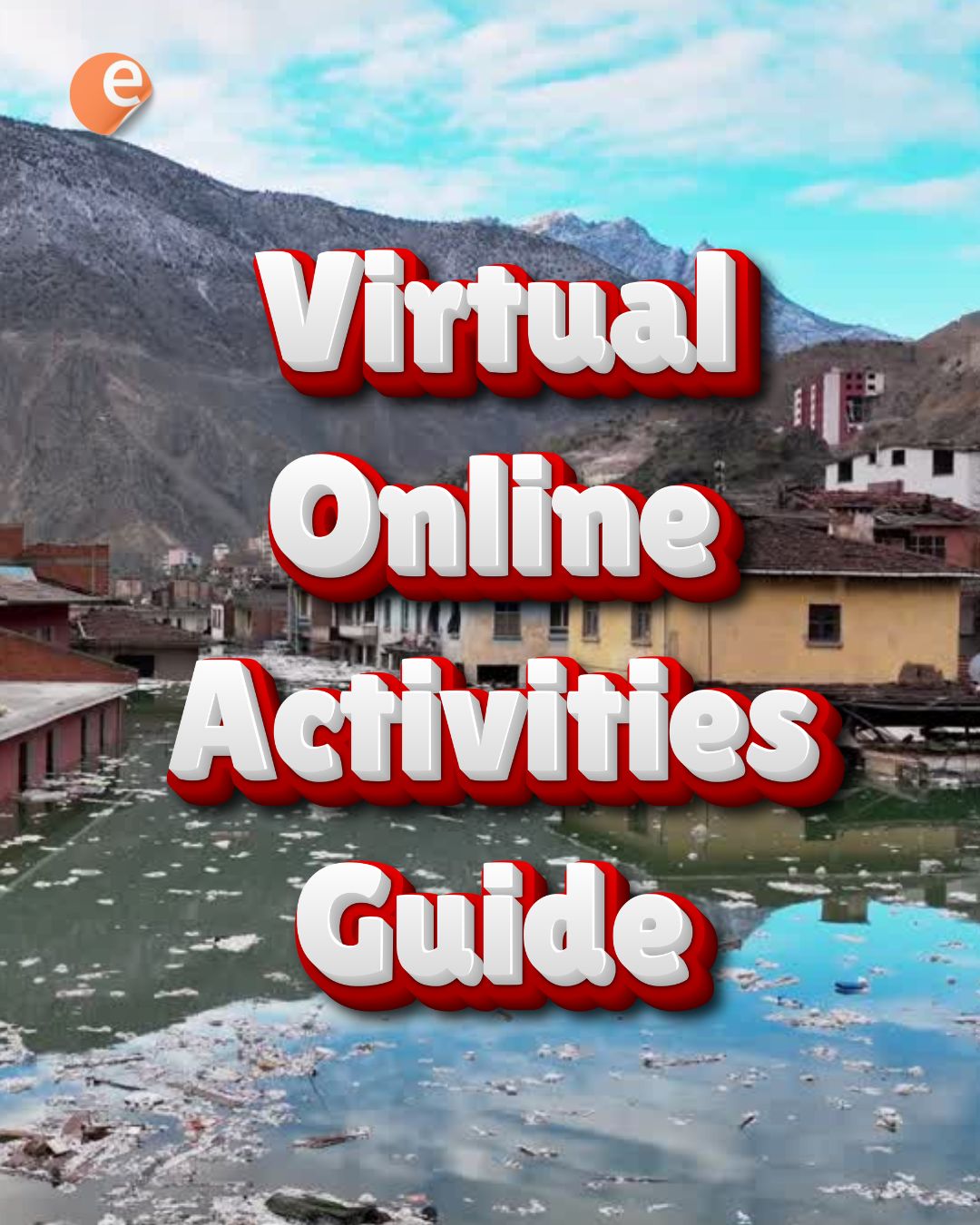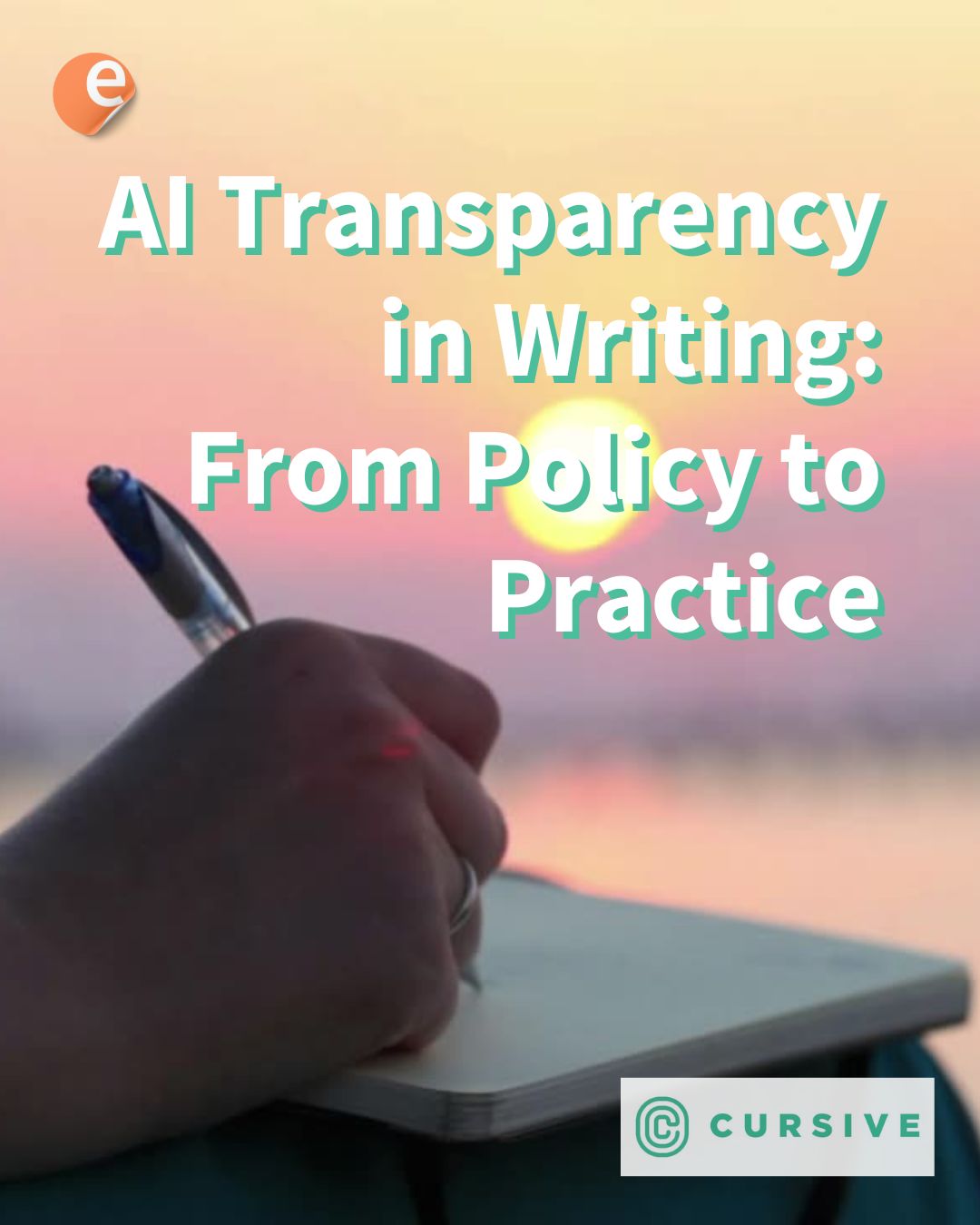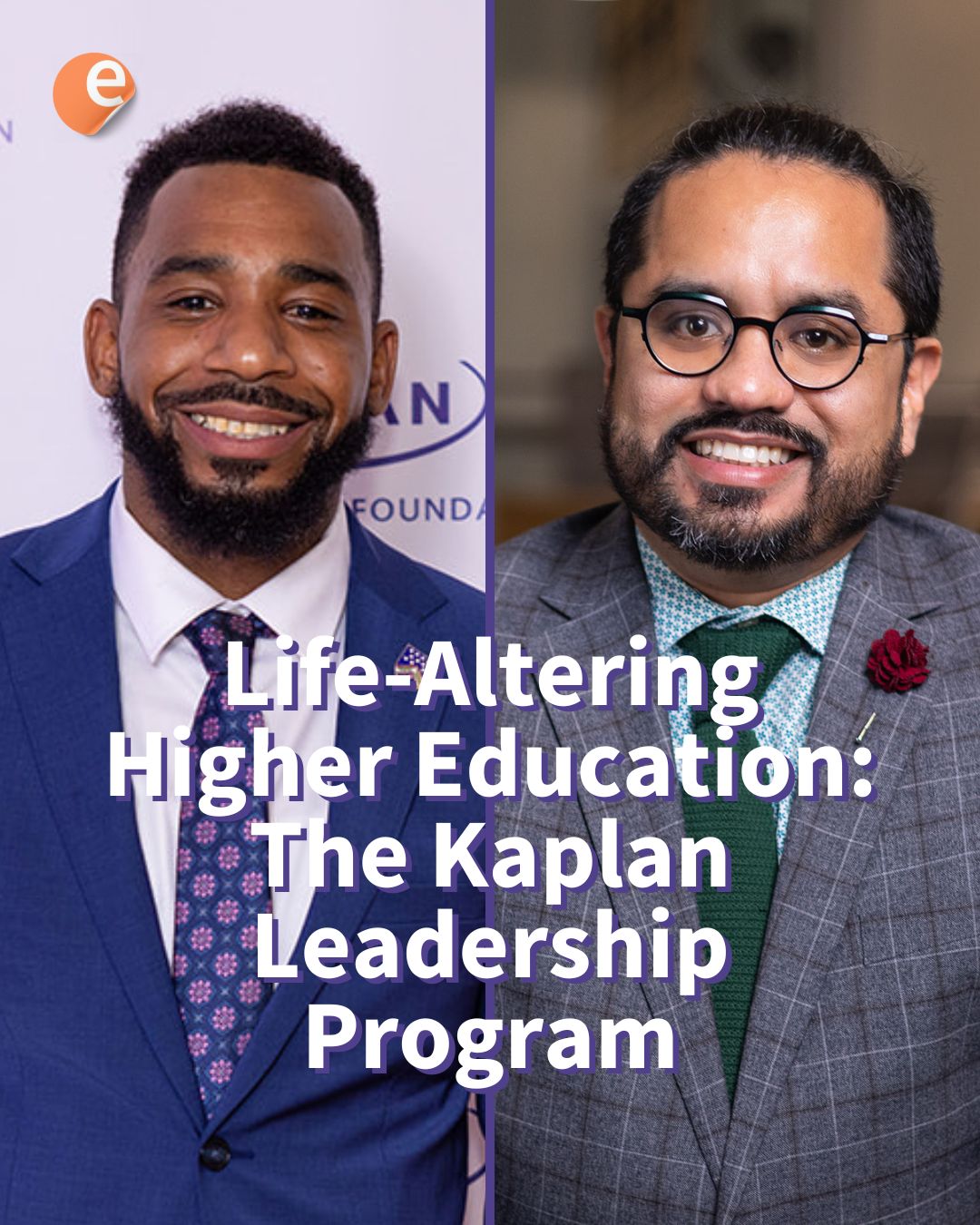Could your school prohibit phone use for one day a week? This summertime campaign, just when people tend to spend the most time outside, could be extended through the school year: the Phone Free Friday Challenge. Its website features young students on video admitting to their addiction, the impact it has on friends hangouts, and how life would be better off with lower or no screen time. Next to it, selected research items and other resources for teachers and students are available.
The “phone-free school” started as a fringe, luddite idea. It then turned into trends with names like “digital detox” and “dopamine reset.” Entire schools were built around it, catering —funnily enough— Silicon Valley children. Over time, worrying headlines about student mental health put social media impact into focus. Reports of teen anxiety seem to have skyrocketed in the past couple of decades, at least in the U.S. It gave rise to monikers for Gen Z as the “anxious generation.” The case against screen time is open-and-shut. Ok, maybe not. Others exert skepticism and question the science behind the causality. Is excessive phone use leading to mental health issues, for whom, when and where?
In the middle of the debate, a growing group of teachers and leaders is taking ground. It is a complex issue and prohibition is rarely the answer. They believe there is an activist movement about digital literacy worth endorsing, that focuses on a higher priority.
Is there a mental health epidemic, and are devices to blame?
Are you a high school or university professor, or part of a training or L&D department catering to young workers? Then you might have been in touch with a member of the “anxious generation.” The term refers to the Gen Z, although millennials might want to fit the bill. Harvard social psychologist Jon Haidt gets the credit for spreading it. Among the traits or events the author of The Coddling of the American Mind attaches to the group are:
- General increase of anxiety levels among young people since 2020
- The end of “free range childhood” involving play in open spaces
- Decrease in metrics related to friendship levels and “interconnectedness”
- The rise of “helicopter parenting” and “paranoid parenting”
- Increase in confidence and self-esteem issues, and increase in suicide rates
- Increase in feelings of helplessness and inability to deal with frustration and disappointment
- Increased levels of feelings of loneliness, depression, and anxiety
Each of these topics deserves a careful deep dive. Haidt and a body of academics and activists accuse phones and mobile devices as guilty in all. They correlate excessive screen time with in-person interaction, thus fewer real-life friendships and loneliness. Social media leads you to compare yourself against fictional versions of people, therefore sparking feelings of inadequacy and low self-esteem. Pressure from virtual peers makes students prone to stay even longer online. Concentration and attention spans are under threat first. Then are the social skills and emotional resilience. Social media itself is full of teacher accounts of the problem: Young learners having trouble with basic facts, behaving poorly, acting out.
Excessive screen time is widely regarded as undesirable. Among academic circles, the issues with Haidt’s arguments run in other ways. LSE’s Parenting for a Digital Future looks into “cross-national time trends” data. Reviewing teen distress and sleep patterns, they find no cause for concern. The several published articles do not appear to show widespread agreement. Each side looks at different shelves and questions the importance of the other.
There is a factual increase in mental health issues in the last 10 years. But no agreement on the responsibility of digital technology and social media. There could more factors at play. Also those two do not belong together, as they could have opposite effects. Digital technology offers net benefits in people’s lives, today and throughout the century. Social media’s negative effects may not outweigh their benefits. Or they might, just not the same way for every demographic. And trends in one country do not extrapolate to another. Also, data might be insufficient to prove the claims. National surveys about prosocial behavior cannot lead to conclusions about overall mood. Or can they? The debate has no sign to stop. More and better research should continue to shed light.
A lesser explored angle, tied with the supervision —an earlier alias for Gen Z is “Homeland Generation”— revolves around student autonomy and independence, often considered a requirement for a person to find their happiness and confidence. The same discrepancies remain. Devices are seen as surveillance capitalism sedatives of agency and individualism, as well as new creative outlets for billions of people. Interviewing teens doesn’t help, turning irrefutable evidence only for their duality.
In any case, several initiatives in favor of digital wellbeing have started to promote conversations and initiatives. With young learners themselves often at the helm.
Grass touching: what kinds of phone-free experiences do we want?
Regardless of the possible links and associations, the awareness in a growing number of educators is turning into more proactive courses of action. If for their own reasons more schools are looking at educational experiences sans phones, how should those be? Is it okay to return to XIX and early XX century methods?
In broad terms, there are wide agreements in favor of active learning, extracurricular activities, field trips and contact with nature. Economic reasons used against them only paint digital learning as a cheaper alternative, when the real focus should always be on ROI. These could also be great opportunities for physical exercise, mindfulness and problem-solving.
Measures that don’t get the same warmth focus on the supervision of grownups. Let Grow, a pro-independence movement, focuses on parents and guardians, and the issues preventing them from allowing more independence to their children. They engage with them regarding disproportionate perceptions of insecurity, local crime rates, moral panics and paranoias.
Overall, a focus on the types of learning experiences that could be possible without devices, opens up the door to a variety of desirable possibilities and outcomes. At the very least, it lifts the bar of creativity for educators, which might be accustomed to letting the tech run their teaching—not the other way around.
Offline could also be the perfect place to touch on a variety of social topics related to social media: misinformation, fake news, personal data, privacy, freedom of speech, tolerance, censorship, laws and regulations, safe spaces, online activism, the politics of depression, the meaning of online safety. Technology must be tamed, but digital literacy must not be optional.
Planning for phone-free zones, schools and experiences
Several school districts including Ohio, Indiana, Oklahoma and California have slated policies to ban cellphone use among students during teaching hours. While applauded measures by a majority, they are vague, leaving the details and logistics to districts and local administrations.
In a growing number of instances, students themselves are organizing the change. Not by banning, but by promoting digital skills and better relationships with devices and media. Those same tools are useful to stay informed, coordinate and collaborate. Teens-only support groups around cyberbullying and toxicity abound in Facebook and WhatsApp, and promoted on TikTok and Instagram.
Blanket bans can be counterproductive. Some of the bills are explicit in their pedagogy, provisioning for social media literacy education. But they are the exception to overall worries that they end up delaying important learning experiences related to the use of technology.
Haidt is vocal about a one-size-fits all directive for schools:
- Ban all access to smartphones for children under 14,
- Ban all access to social media until 16
- Ban smartphones during school hours through high school
- More activities without adult supervision for everyone, at every age
Evidence on bans based on multi-country meta-analysis is unconvincing. They suggest not that reducing phone usage is wrong, but that bans alone will not do it. Students are always able to find workarounds. Removing technology from the equation is a step back.
So, actions that reflect thought given to the measures, that the community does not find impulsive or draconian, and are carefully piloted, rolled out and communicated, have the better chance to win over.
It is likely that at first opposition and reactions against prohibitions causes ruckus. For the sake of everyone, even those against them, persist. Randomized trials on Facebook deactivation conducted in 2020 showed long-term benefits in well-being, and voluntary reduction in social media activity.
Beware of any tendencies, from yourself or other stakeholders, to impose blanket bans or other forms of radical prohibitions or restrictions to phone use. Explain the rationale in any changes you’re looking to impose, and communicate any planned changes well in advance. Involve parents, guardians and other important community actors. Proceed incrementally as much as possible, ideally beginning with pilot phases.
Keep an open line of communication, be transparent about the rules and timelines, and be ready to change them as you gather data, and share the data with the community. Bonus points if you share your data with the Open Science community.
Speaking of community, always ask for help. You can find global and local initiatives with resources and ways to connect. And why not reaching out to representatives of device manufactures, software companies and telecommunications providers in your area? Similarly to the public health crises imputed to alcohol and tobacco companies, who in response took the lead with awareness and education campaigns, actions for healthier digital diets against our current crisis could enjoy resources from today’s foible suppliers.
Are you planning on taking on a phone-free initiative at your institution, or is one already in place? We’d love to learn more and share your experiences with the community







